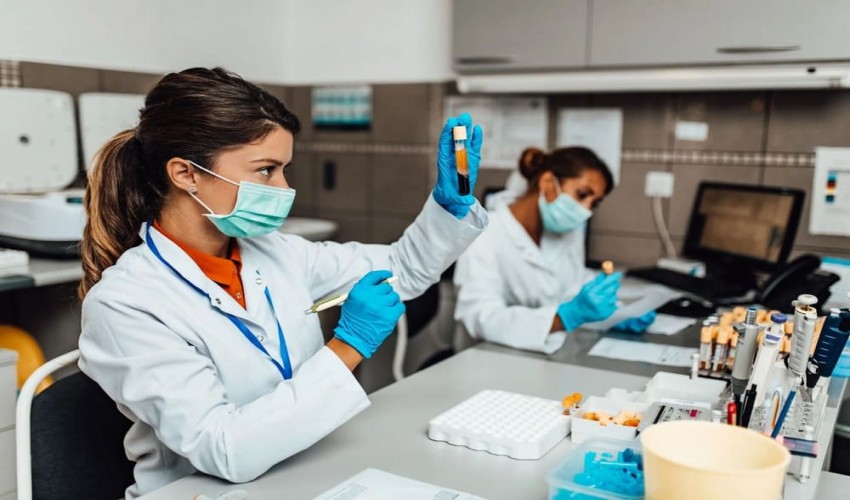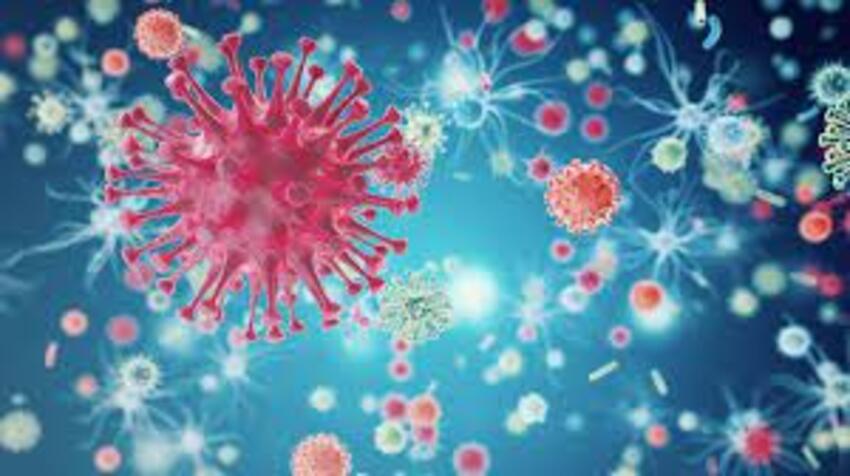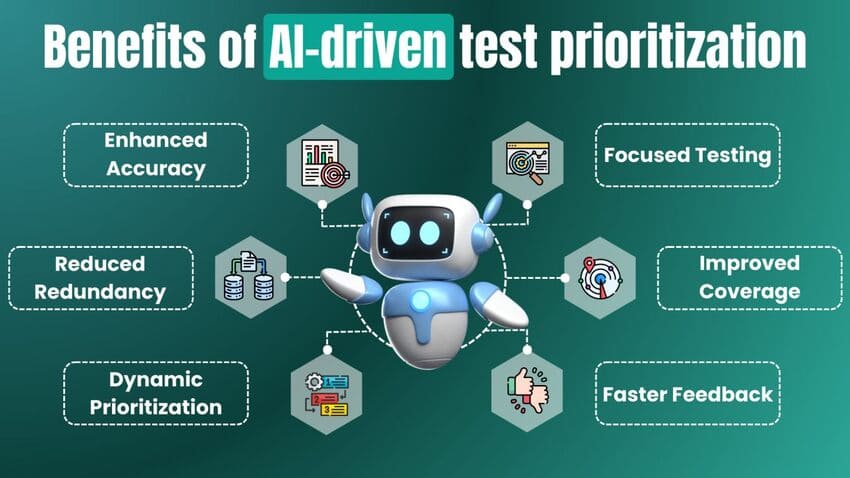
Medical Technologies
What are Medical Technologies?
Medical technologies encompass a wide range of healthcare products and solutions that enhance the diagnosis, treatment, and monitoring of diseases and medical conditions. These technologies include medical devices, diagnostic tools, digital health solutions, and biopharmaceuticals.
Why are Medical Technologies Important?
Medical technologies are crucial for improving patient outcomes, enhancing the efficiency of healthcare delivery, and reducing costs. They enable early diagnosis, minimally invasive treatments, and personalized medicine, which collectively contribute to better health management and quality of life.
Key Aspects of Medical Technologies:
- Diagnostic Tools: Devices and software used to identify diseases or conditions, such as MRI machines, CT scanners, and genetic testing kits.
- Medical Devices: Equipment used for treatment and monitoring, including pacemakers, insulin pumps, and surgical instruments.
- Digital Health Solutions: Technologies like telemedicine, electronic health records (EHR), and mobile health apps that facilitate remote care and health data management.
- Biopharmaceuticals: Innovative drugs and therapies derived from biological sources, such as monoclonal antibodies and gene therapies.
Importance and Benefits:
- Improved Accuracy: Advanced diagnostic tools provide precise and early detection of diseases.
- Enhanced Treatment: Innovative medical devices offer less invasive and more effective treatment options.
- Patient Monitoring: Continuous monitoring devices help manage chronic conditions and alert healthcare providers to potential issues.
- Personalized Medicine: Genetic testing and biopharmaceuticals enable tailored treatments based on individual patient profiles.
- Healthcare Efficiency: Digital health solutions streamline healthcare processes and enhance communication between patients and providers.
Examples of Medical Technologies:
- MRI Machines: Provide detailed images of internal body structures for accurate diagnosis.
- Telemedicine Platforms: Allow patients to consult with healthcare providers remotely, increasing access to care.
- Insulin Pumps: Help diabetes patients manage their condition by delivering precise doses of insulin.
- CRISPR Technology: Enables gene editing for potential treatments of genetic disorders.
- medical technologies
- diagnostic tools
- medical devices
- digital health
- biopharmaceuticals
- MRI machines
- telemedicine
- insulin pumps
- CRISPR
- healthcare efficiency
- personalized medicine
- patient monitoring
- advanced treatments
- early diagnosis
Recent Published
Submit Manuscript
To give your manuscript the best chance of publication, follow these policies and formatting guidelines.


